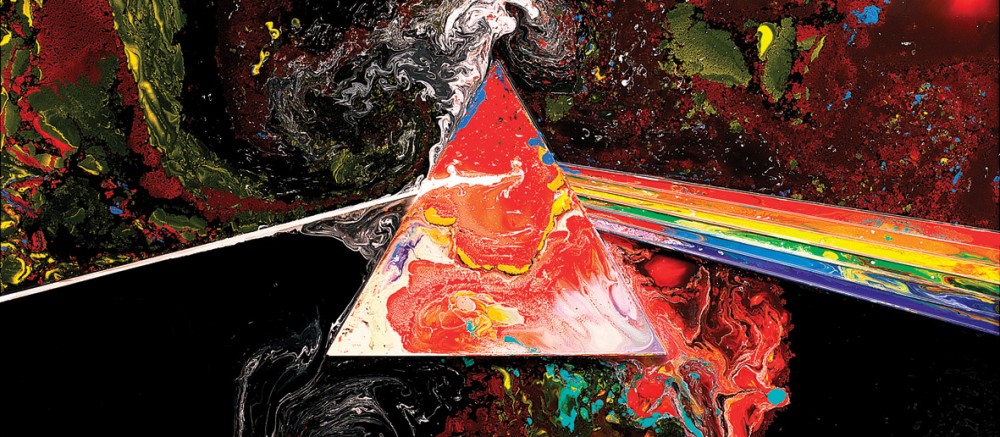When I think of the past classroom discussion about marketing ethics, the most striking memory is about false advertisement on behalf of McDonald’s. In fact, I hear people complaining or making fun of McDonald’s all the time: For example, even though people like Chicken McNuggets, there are a lot of disgusting stories about their manufacturing process and about whether or not they are made out of real chickens at all.

Parts of the chicken used in the production of Chicken McNuggets, according to McDonald’s Canada
Now I stumbled over an interesting reaction by McDonald’s Canada: They answer questions. Not harmless, controlled questions in a staged promotion video, but real questions from real people. Their “Our Food. Your Questions.”-campaign from 2012 invites people on the internet to ask questions publicly and McDonald’s will respond to them. As of January 2013, more than 19,000 questions have been answered, including many of which that are rather uncomfortable for the company such as the ‘McNugget mystery’ (3).
This fresh approach to marketing is necessary in the opinion of Chuck Porter, co-chair of CP+P, who states that “You can’t lie anymore, because there’s the internet” (1). And yes, while the creation of social media, blogs and websites in general provided a great expansion ground for advertisements, it also enhanced discussion and credibility evaluation tools by an infinite amount. When McDonald’s said “100% Beef” in the 1980’s, it was very hard to verify and discuss with people outside the consumers direct social environment. Nowadays one can go online and investigate upon any marketing statement a company makes, leading to increased risks when deciding to exaggerate or make misleading marketing slogans in advertisements.

“Companies cannot hide stuff. If Nike is building their shoes in Southeast Asia in sweatshops, people are going to find out. You really can’t bullshit people anymore…And then you get credit for not trying to fool people.”, (1) says Porter.
In our era of information technology, it will become increasingly harder to trick people into thinking patterns to have them make a purchase. One way that companies like McDonald’s Canada discovered to conquer this problem is to create the asset of honesty in promotion and advertisement, to create an honest and credible interaction between the company and the customer. Of course McDonald’s is still not perfect and many of the answers still seem shady to critics, but this opening of a company who is aware of their many critics is definitely a promising step towards future marketing strategies that incorporate and accept the presence of the Internet’s capabilities.
Sources
1) http://www.marketingmag.ca/news/media-news/porter-tells-ad-week-audience-%E2%80%9Ctransparency-is-the-new-black%E2%80%9D-71038 , retrieved on 05/02/2013
2) http://www.marketingmag.ca/news/marketer-news/marketer-of-the-year-2012-mcdonalds-canada-70067 , retrieved on 04/02/2013
3) http://yourquestions.mcdonalds.ca/questions/8596

McDonald’s consumers are loyal for many reasons – price, convenience, taste, etc. This marketing tactic has a lot to do with retaining consumers who are less sensitive to switching – in your opinion, with the variety of food choices available to consumers nowadays, how impactful could honesty be for the companies marketing?